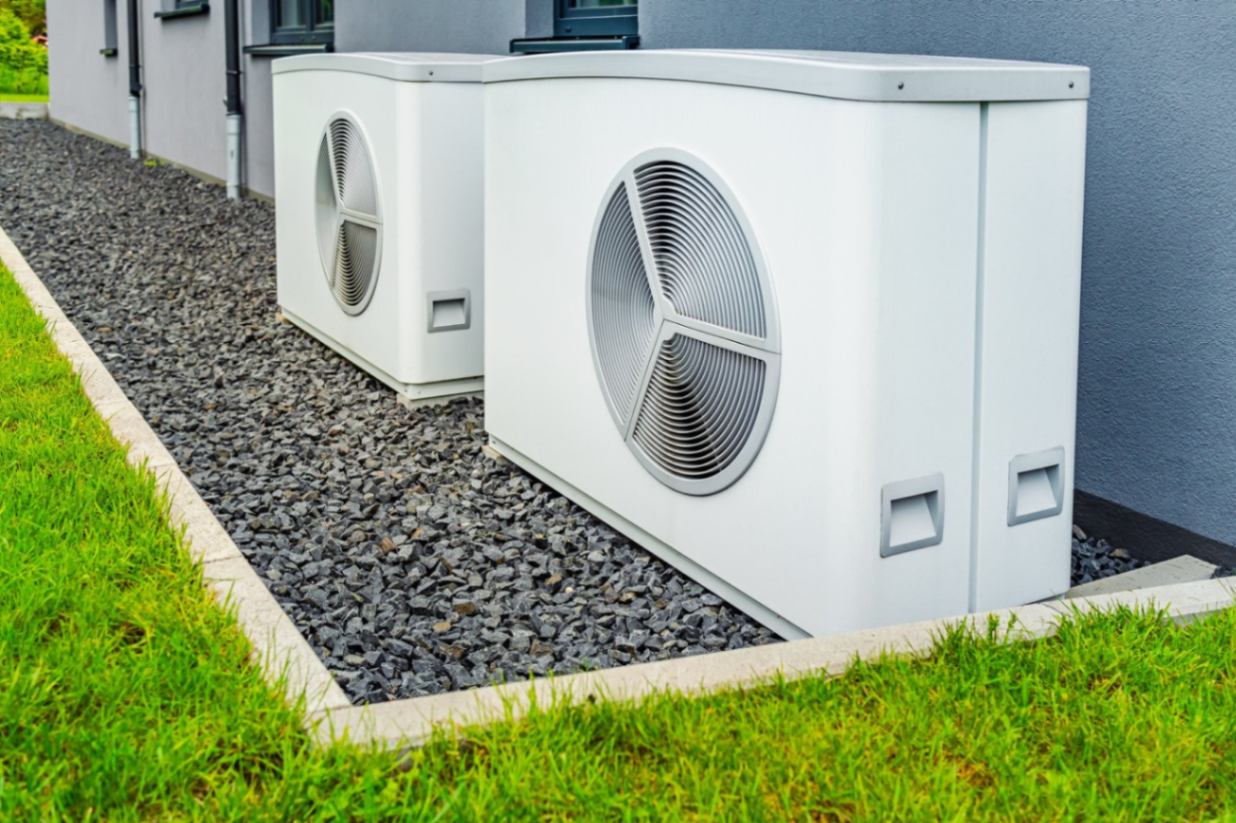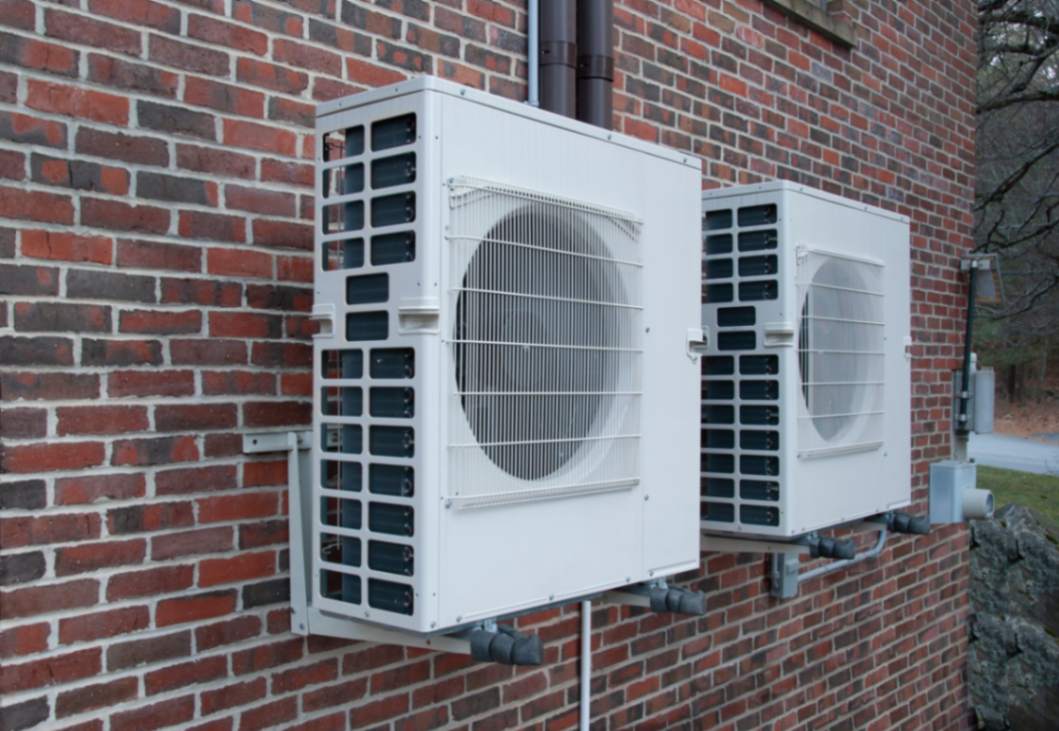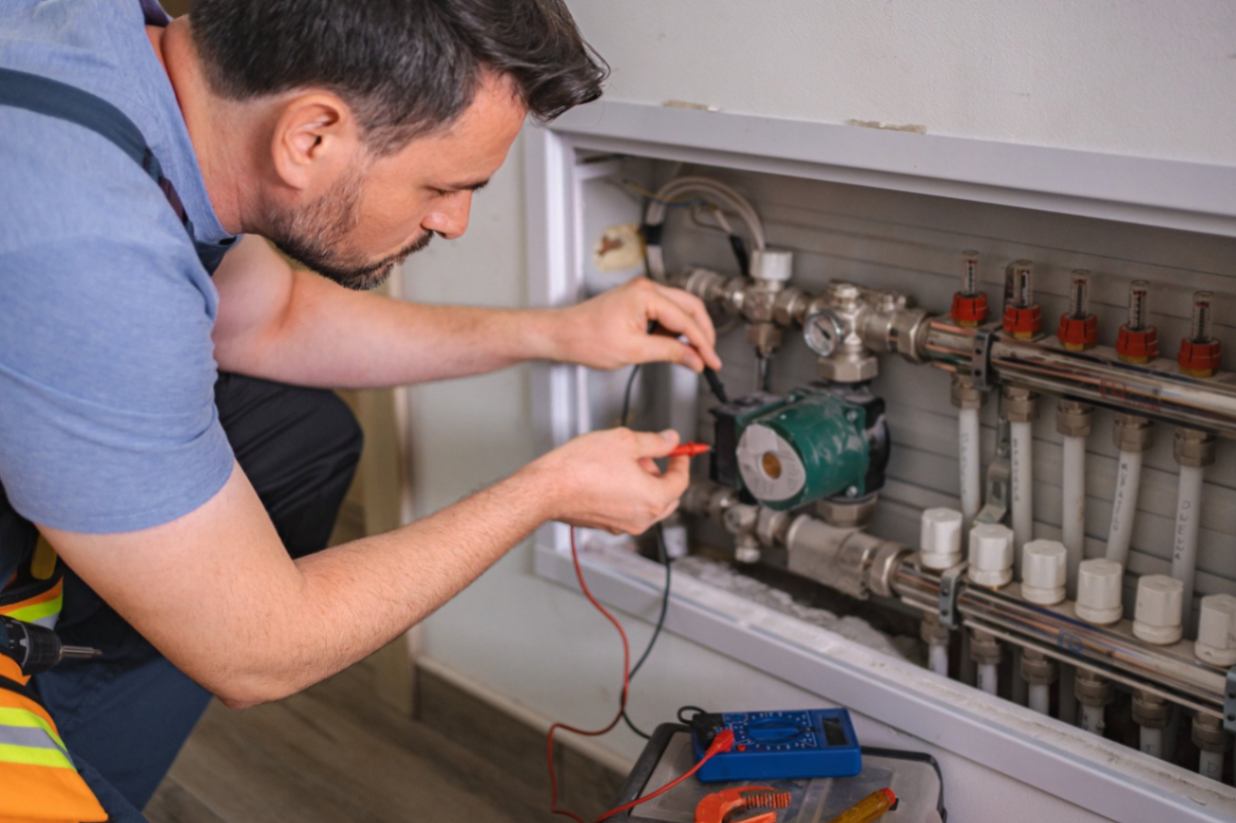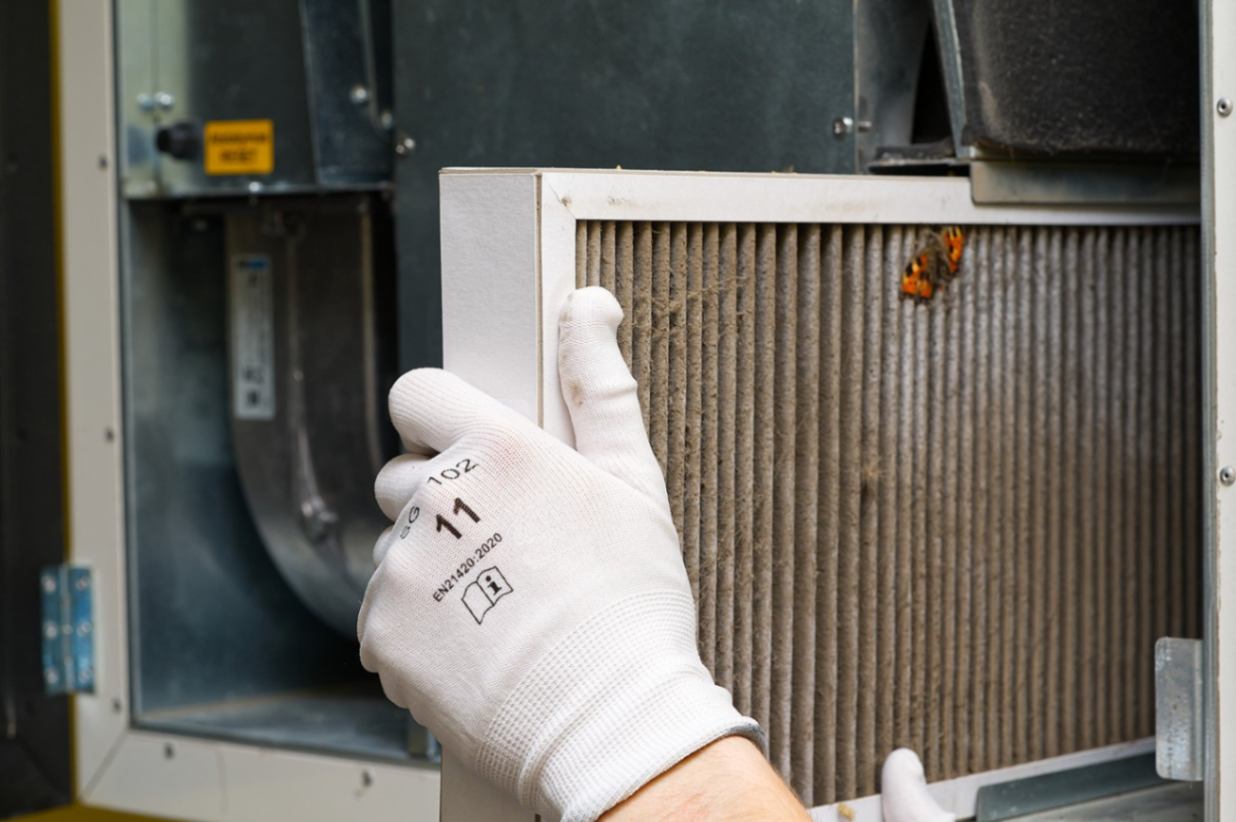related posts
Best Heat Pump & AC Installation Tips for Homeowners in Courtenay, BC

Installing a new heat pump or AC system in Courtenay, BC isn’t just about keeping your home comfortable. It’s about getting the right setup that fits your space, handles the local weather, and doesn’t waste energy. The right choice can save you money and prevent a lot of headaches later. Here’s what you should know before getting started.
Key Takeaways
- Match your system size to your home’s layout for better comfort and efficiency.
- Pick energy-efficient models with high SEER and HSPF ratings to cut utility bills and possibly qualify for rebates.
- Always hire licensed professionals to handle the installation safely and correctly.
- Keep up with regular maintenance to make your system last longer.
- Choose a setup that suits Courtenay’s climate for year-round comfort.
Why Heat Pumps and AC Systems Are Worth It
Heat pumps are great because they both heat and cool your home. They move heat instead of generating it, which makes them more energy-efficient than many traditional systems. They’re especially handy for Courtenay’s mild climate since you get reliable heating in winter and steady cooling in summer without needing two separate units.
Air conditioners, on the other hand, focus on cooling fast and controlling humidity. They’re usually simple to install and ideal if you already have a separate heating system in place.

Figuring Out What Your Home Actually Needs
Before buying anything, take a close look at your home.
A big house needs a more powerful system, while a smaller one can run fine with less capacity. Don’t forget layout and ceiling height—open spaces circulate air better, while older homes with smaller rooms might need zoned systems.
Now think about Courtenay’s weather. Winters are cool and damp, and summers can get warm. That means your system should handle both heating and cooling efficiently without overworking. Checking average local temperatures helps you choose the right type and size for your home.
Choosing the Right Type of System
There’s no one-size-fits-all answer.
You’ll find different kinds of heat pumps:
- Air-source heat pumps are common and work well for moderate climates.
- Ground-source (geothermal) systems are efficient but more expensive to install.
- Ductless mini-splits are great if you don’t have existing ductwork or want room-by-room control.
If you’re leaning toward an air conditioner, look for one with a solid SEER rating (the higher, the better). For heat pumps, check both SEER and HSPF numbers to make sure you’re getting efficient heating too. Always match the system’s BTU capacity to your home’s square footage to avoid overworking or underperforming equipment.
Why You Should Let the Pros Handle Installation
Sure, you might be tempted to try a DIY install, but that usually leads to problems down the road. Professional installers know how to size and position everything correctly so the system runs efficiently.

Better Efficiency
A well-installed system runs smoother, uses less power, and keeps your home comfortable without cycling too often. Professionals know the small details—like how airflow and placement affect performance—that make a big difference.
Safer Setup
Certified HVAC technicians follow safety standards and building codes that protect your home from electrical issues or refrigerant leaks. They also handle all the permits and inspections, so you don’t have to.
Longer Lifespan
When your system is installed right, parts last longer, and you’ll deal with fewer breakdowns. That means less money spent on repairs and replacements over time.
Understanding Energy Efficiency Ratings
Wondering what all those numbers on HVAC units mean? SEER (Seasonal Energy Efficiency Ratio) measures cooling efficiency, while HSPF (Heating Seasonal Performance Factor) measures heating efficiency for heat pumps.
Higher ratings mean better performance and lower energy bills. Look for Energy Star–certified models—they meet strict efficiency standards. You’ll save on utilities, and in some cases, you might even qualify for government rebates.
Don’t Forget About Ventilation
Even the best HVAC system won’t help if your ventilation isn’t right. Good airflow keeps your home’s air fresh and prevents humidity buildup. Make sure your vents and ducts aren’t blocked and that your system balances intake and exhaust air.
Clean or replace filters regularly, and consider upgrading to ones that trap allergens and dust. It’ll help your air stay clean and your system run efficiently.

Know the Local Rules
Before installing, check Courtenay’s building codes and permit requirements. Some HVAC work needs a permit, and skipping it can lead to fines or failed inspections later. A licensed contractor will know exactly what’s required and can handle it for you. Following the rules keeps your installation safe and legal.
Keeping Your System in Good Shape
Regular maintenance keeps everything running like it should. Change air filters every one to three months, depending on how much you use your system. Clogged filters make your system work harder and waste energy.
Once a year, schedule a full cleaning—check coils, refrigerant levels, and electrical parts. Keep leaves and debris away from the outdoor unit, and make sure it drains properly. These small steps can make a big difference in performance and lifespan.
Planning Your Budget
Think beyond the upfront cost. Installation prices vary depending on your home size, the system you choose, and any extra work needed. Don’t forget possible permit fees or upgrades to your electrical setup.
Energy-efficient units may cost more at first, but they’ll pay you back through lower utility bills. Also, plan for routine maintenance—regular servicing is cheaper than major repairs.
Common Questions
How loud are heat pumps and AC units?
Most units run between 50 and 70 decibels—about as loud as normal conversation. If noise bothers you, sound insulation or newer quiet models can help.
Can I install one myself?
Technically, yes. But without the right tools, training, and permits, you risk damaging the system or voiding the warranty. It’s much safer (and smarter) to hire a pro.
How long do these systems last?
Typically 10 to 15 years, depending on care. Regular maintenance can stretch that lifespan significantly.
Are there rebates available?
Yes, several government programs offer rebates for energy-efficient systems. Check with your installer or local utility provider for current offers.
How often should I replace air filters?
Every one to three months. Clean filters mean better air, lower energy use, and longer equipment life.
Final Thoughts
Getting a new heat pump or AC system for your Courtenay home is a solid investment when done right. Choose a system that fits your home and climate, hire a qualified installer, and keep up with maintenance. Do that, and you’ll enjoy reliable comfort, lower bills, and a system that lasts for years.

other blog posts
Heat Pump vs. Traditional Heating: Which Is Better for Your Home?
The Importance of Regular HVAC Maintenance
Why Is My Heating System Making Strange Noises?
Ready to Enhance Your Comfort?
Contact us today to schedule your service, learn about energy-saving rebates, or join our Maintenance Membership program.



